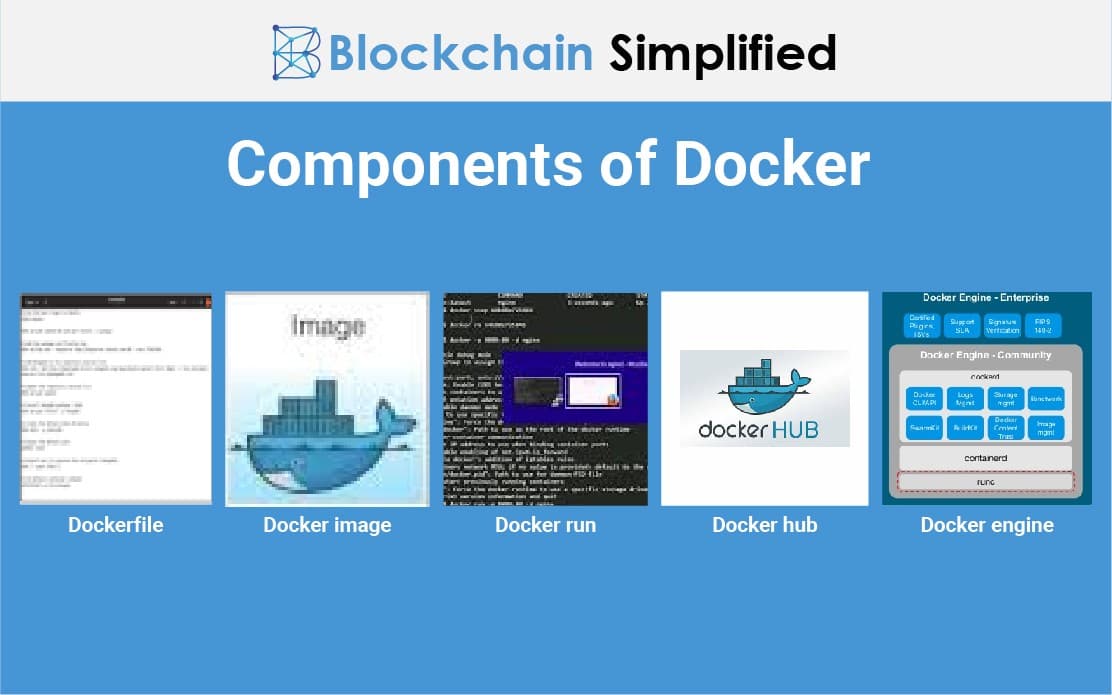Docker Bolsters Portfolio with 2% Allocations in Key Assets Amid Market Downturn

A crypto entity known as "Docker" has announced significant strategic moves to strengthen its operations, including securing approximately 2% allocations in its top holdings, as revealed in a recent tweet by crypto personality BEARSKI 轻踩 (@BEARSKl). The announcement, made during a period of market downturn, detailed several initiatives aimed at fortifying the project's position and expanding its ecosystem.According to BEARSKI 轻踩, "We've taken the past few weeks of mkt downturn to significantly strengthen all aspects of Docker." This includes securing "close to 2% allocations in our top holdings ($zxbt, $propaganda, $np1)." While these tokens are cited as key assets, public market data from platforms like CoinGecko and CoinMarketCap indicates that tokens identified as $propaganda (PROP), $np1 (NPAI), and even the Docker token itself, currently show very low or zero circulating supply and trading volume, suggesting they may be private, early-stage, or highly illiquid assets. Zebec Protocol (ZBC) is a publicly traded token that could correspond to $zxbt, though the ticker differs.In a move to enhance its public interface and brand identity, Docker has also "released a much more intuitive website and fully reset our branding direction." This rebranding effort signals a renewed focus on user experience and market presence. The project's treasury management has also undergone a change, with the "docker treasury wallet is now dockerholdings on zora rather than the main docker account."The shift to 'dockerholdings' on Zora, an onchain media protocol and Layer 2 blockchain designed for creators, aligns with Docker's investment strategy. The entity is "continuously TWAPping into creator coins," a strategy that involves time-weighted average price investments into social tokens. Creator coins are cryptocurrencies that enable individuals and communities to monetize their brands and offer exclusive access or ownership within their ecosystems.Looking ahead, the tweet also indicated that Docker is "looking at additional utilities for $docker as well." These ongoing developments suggest a strategic use of the market downturn to implement foundational changes, refine its public image, and deepen its engagement within the creator economy, positioning the project for future growth.